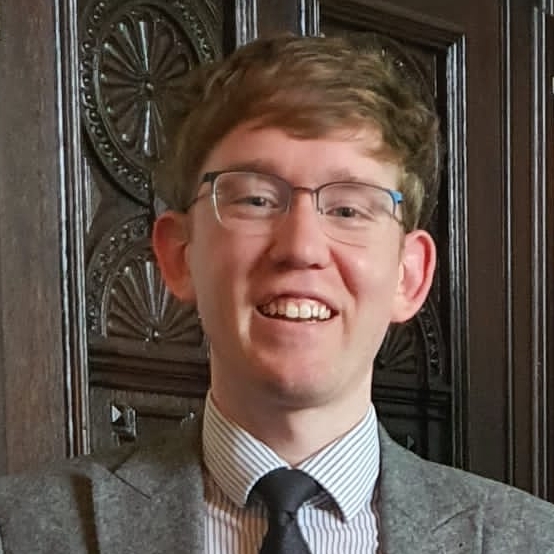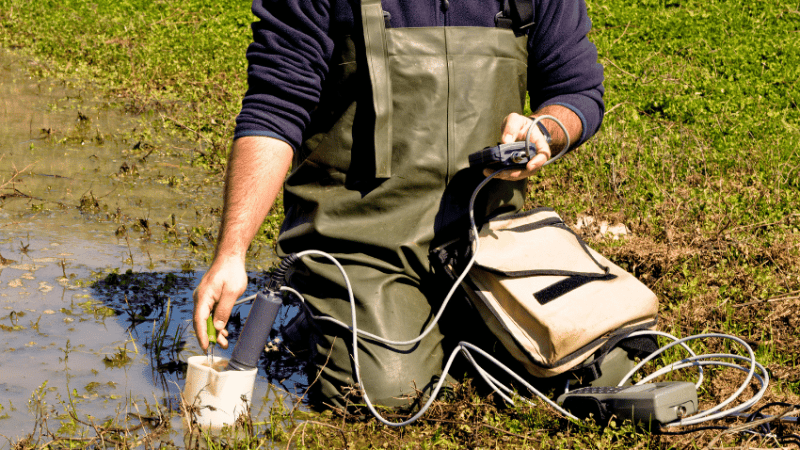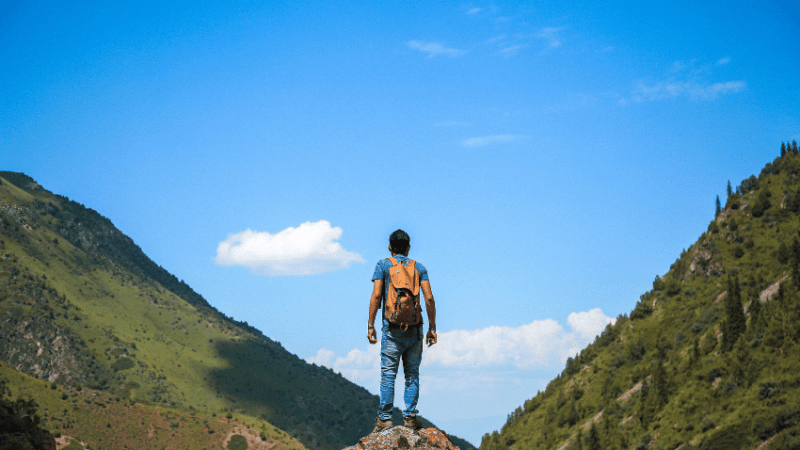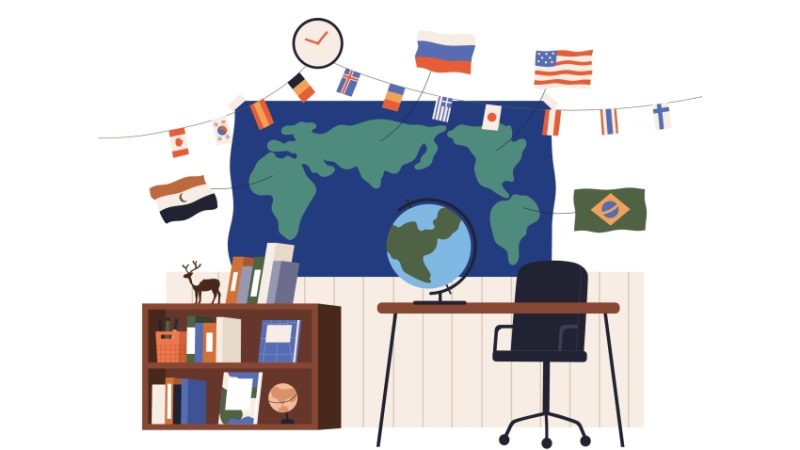Curriculum development – Why one geography department hit the ‘reset’ button
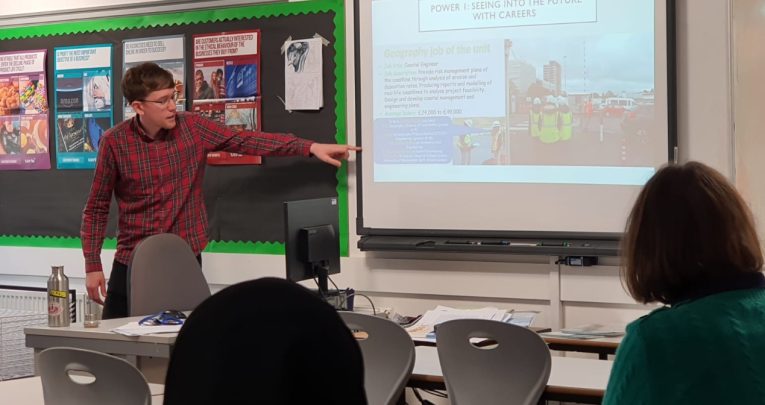
Jack Cockayne recalls how he and his colleagues sought to wipe the slate clean and rebuild their school’s geography provision from scratch…
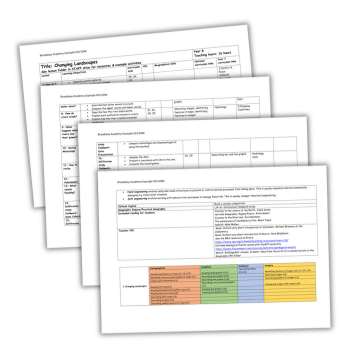
When I first started as a geography teacher at Broadway Academy in Perry Barr, Birmingham, there wasn’t much of a curriculum in place. There were some schemes of work, but things had been allowed to become a little ad-hoc.
Upon taking over as head of geography the following year, we took on an ECT – who’s still with us now – and I set about overhauling everything. That meant deleting everything we’d had up to that point and starting again completely from scratch. All processes for KS3 and KS4, our CPD approach, the mapping of our curriculum – it all went, leaving us with a clean slate on which to build something new.
Threshold concepts
Our intention was to return to the very threshold concepts of geography and devise a new overall vision. For us, those threshold concepts included sustainability, scale and the need to be both critical and analytical.
We spent time looking at wider research around the geography curriculum, including the books of Mark Enser, as well as the work carried out by the Geography Association. With a firm foundation in place, we were then able to map out how each of our topics would fit together and start working through it all.
Curriculums can sometimes drift after acquiring various bits and bobs that are added over time – ensuring that solid base was there at the start was our way of preventing that from happening. We ultimately managed to complete all the KS3 and KS4 work that needed to done in just over a year, though that did admittedly involve a tremendous amount of hard work.
Filling the gap
One of our key aims was to add challenge to our curriculum by introducing elements found on university courses to KS3 and KS4. We looked at what universities were doing, as well as primary schools, and tried to fill the gap in between, rather than simply teaching what the textbooks told us to.
Geography is a subject that lends itself well to school trips, so we looked to provide the students with numerous opportunities to carry out geographical fieldwork. We brought in equipment for the purpose, and upskilled ourselves in organising and supervising fieldwork activities. Every unit now has a fieldwork element, whether that’s measuring the carbon content of trees or monitoring infiltration rates in soil. We’ve also taken our students to a residential on the coast.
We’re additionally extremely fortunate in that the school actually has its own outdoor education centre, situated at a campsite in Worcester. It’s a plot of land leased by the school that gives us access to a sizeable lake and large safari tents, allowing us to perform fieldwork in relation to, for example, ecology invertebrate surveys and building bug hotels, while also taking part in some cross-curricular activities. The centre allowed us to continue organising outdoor trips upon students’ return to school following lockdown, in full accordance with government guidance.
Enter the ‘super curriculum’
As we were redeveloping our curriculum, I found myself reading around concept of the ‘Super curriculum’ – the idea that carefully planned activities can infuse your curriculum and extend it further, rather than simply serving as add-ons.
This helped to inform our planning efforts, in that each unit we teach now includes a competition students can opt to enter, involving some form of engagement outside of school. As a result, we’ve connected with many external businesses, most recently Tarmac. We’ve also worked with the design consultancy Arcadis on activities based around the 2022 Commonwealth Games being held in Birmingham, and sought to provide internship opportunities for students over the summer break.
At other times, we’ve hosted book Q&As and helped organise a multitude of events for our students, from lectures to online seminars. A charity representative based in Paraguay recently gave a lecture for us via Zoom on the topic of deforestation in the Atlantic Rainforest, for example.
We also produce reading lists for all year groups, populated with books bought in by the library or procured by the department, and share careers advice with our students at different stages, so that within each unit from Y7 to Y13 there are clear steps on how geography can help them access specific jobs and careers.
A genuine love
Since the start of our development process, the school’s exam results have improved dramatically. There’s been increased uptake at GCSE, which has in turn made it possible for us to start teaching the school’s first A Level geography class since the 1970s.
Our current vision for the department is to provide students with a cutting edge, 21st century knowledge of geography. Our intention is for students to study a ‘living curriculum’ that we can chop and change as the subject itself evolves. Establishing a strong starting point early on has been really helpful in that respect.
Mapping out geography skills across both Key Stages has allowed us to ‘slot in’ new areas as needed, and highlighted to us that our latest GCSE cohorts are much more able than in previous years, because they’ve had that clear development.
Our next focus is to look at how we can link the curriculum we’ve developed to KS1 and KS2 by visiting our feeders and other primary schools. Our hope is that they will eventually be able to provide their pupils with a geography education that connects seamlessly with Broadway’s geography curriculum, and hopefully onwards to the universities our students might attend.
When I arrived at the school, geography simply wasn’t seen by the students as being important. Yet over time, as they’ve experienced more intense lessons, been pushed that little bit further and challenged, students are now talking about geography much more, with some coming to love it as a subject.
Our success criteria is ultimately whether students have enthusiasm for geography, not just good exam results alone. If they can develop a genuine love of learning for the subject, we tend to find that positive exam results will follow, as a result of them wanting to do well.
Readers can download Broadway Academy’s KS3 geography scheme of work, geographical threshold concepts and knowledge development document from here
Professionalism and the PTI
My first encounter with the PTI came when attending one of its online subject leadership days, during which I was asked questions about our department’s curriculum and various activities. This was followed by an interview process, where I was asked to explain our curriculum development process in more detail, and the interviewers seemed quite impressed by what we’d achieved.
Based on the evidence we supplied, we were initially awarded with a PTI mark, and then the following year we were nominated for – and won – the organisation’s Bernice McCabe award, given in recognition of inspiring subject teaching, earning the department a trophy and a £5,000 cheque.
As I’ve further explored what the PTI has to offer, variously watching its online lectures, and attending its CPD days, our department’s professional development has noticeably improved. In August 2021 I sat in on a PTI lecture given by the journalist and author Tim Marshall, on the topic of geopolitics and astropolitics – the latter of which is so cutting edge it’s barely even entered the realm of academia yet. It’s a topic that really enthuses us as teachers, which we can then talk about with our students and hopefully use to enthuse them too.
Jack Cockayne is head of geography at Broadway Academy in Perry Barr, Birmingham; for more information, visit broadway-academy.co.uk or follow @Broadway_School
Further details about the PTI can be found by visiting ptieducation.org or following @ptieducation




